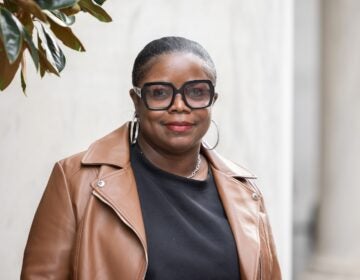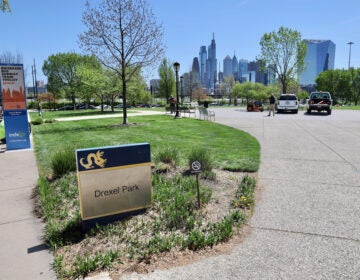Weavers Way looks to educate community on food justice, GMOs
Amidst the buzz from a still-pending bill that would require labels denoting all genetically-modified (GMO) foods on Pennsylvania supermarket shelves, Weavers Way is keeping the momentum going by offering free sessions on food justice.
When State Sen. Daylin Leach (D—Montgomery/Delaware) introduced the bill in March, Weavers Way’s then-spokesman Jon McGoran voiced the co-op’s support.
“As far as product labeling, food co-ops have been ahead of the curve on all those things, generating public interest and education,” McGoran said. “We take food very seriously.”
While McGoran said there’s currently no way to tell whether foods have been genetically modified — the co-op may sell them — the bill aligns with Weavers Way’s ethical principles.
Food justice classes
Independent of the bill, the co-op decided to offer three sessions open to the public to help educate folks on GMOs as well as other pieces to the puzzle in food justice.
But director of the Social Justice Organizing program at the Reconstructionist Rabbinical College Mordechai Liebling, who will be speaking at the sessions, said food justice is about much more than learning — it’s about doing.
“As a citizen we can hold our representatives responsible to vote for bills that require labeling of genetically modified foods,” Liebling said. “Supporting that bill is being a responsible citizen in terms of food justice.”
Practicing food justice, he said, also means being a good consumer.
Aside from GMOs, Liebling said food justice is ensuring just practices in any sect of food production.
“The food system is the entire set of activity and relationships that make up the variety of food paths from the field to the table,” he said. “Those ethical practices include the environment, workers, animal welfare and that there’s justice involved and the justice also involves distribution of food.”
Liebling said it’s important to learn about food justice because it’s where many issues come together, from political issues such as global warming and animal treatment to social issues such as world hunger.
“Food justice is a place where it all comes together,” he said. “Everybody has the opportunity to make good decisions and have some influence over our food system.”
Liebling, a member of Weavers Way for 33 years, taught a food justice course last spring at Reconstructionist Rabbinical College. One of the most shocking repercussions of the class, he said, was that a few of his students became vegetarians at the end of the course.
While he’s not expecting anyone to become a vegetarian, he hopes the class will help educate folks.
“I think Weavers Way really tries to create a good balance between practicing food justice and meeting the desires of its members and customers,” he said. “You can’t dictate what people eat and buy, so it tries to maintain a good balance.”
The courses are open to everyone and will be offered April 3, 10 and 17 from 7:30 p.m. to 9 p.m. at 6819 Greene St.
WHYY is your source for fact-based, in-depth journalism and information. As a nonprofit organization, we rely on financial support from readers like you. Please give today.




